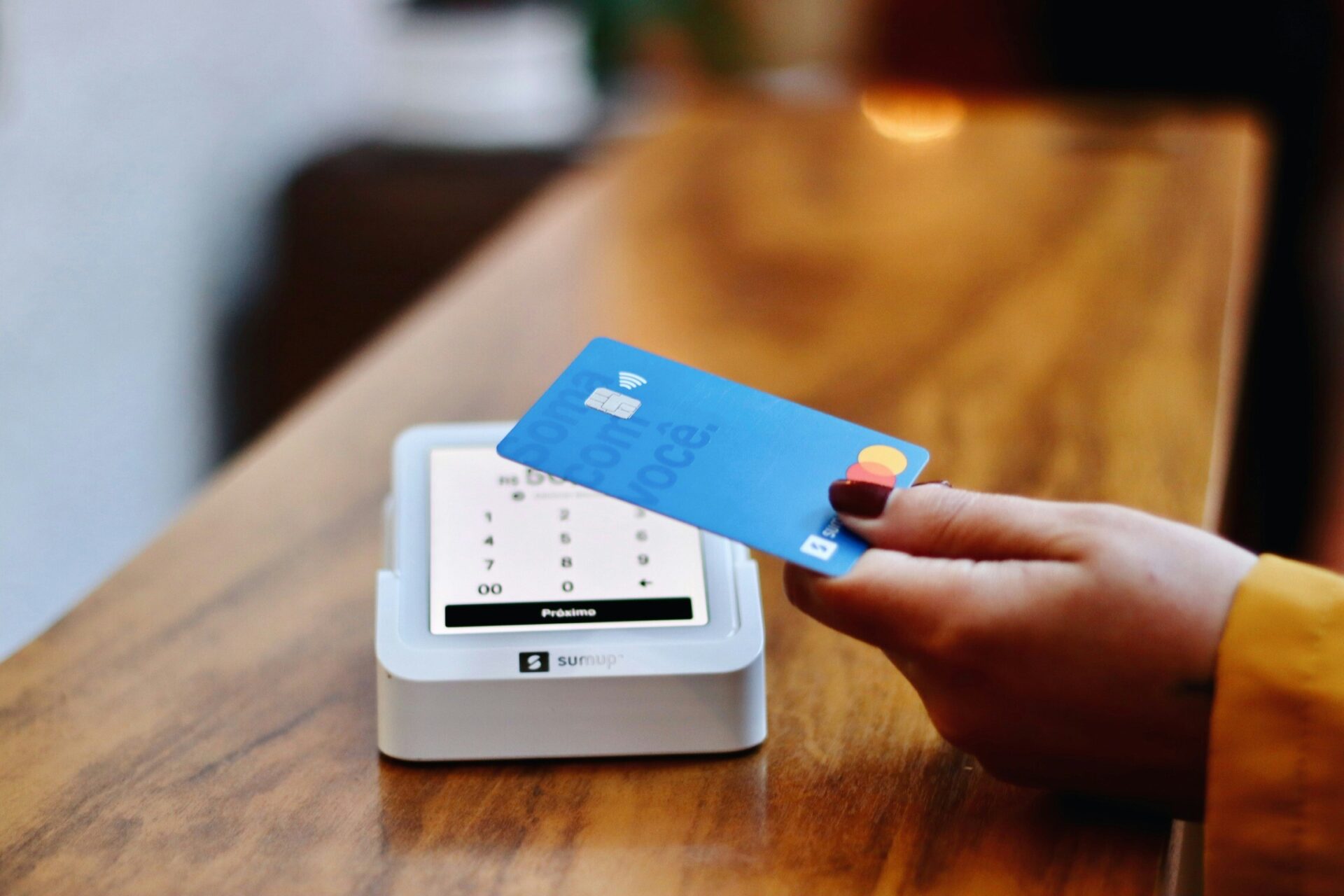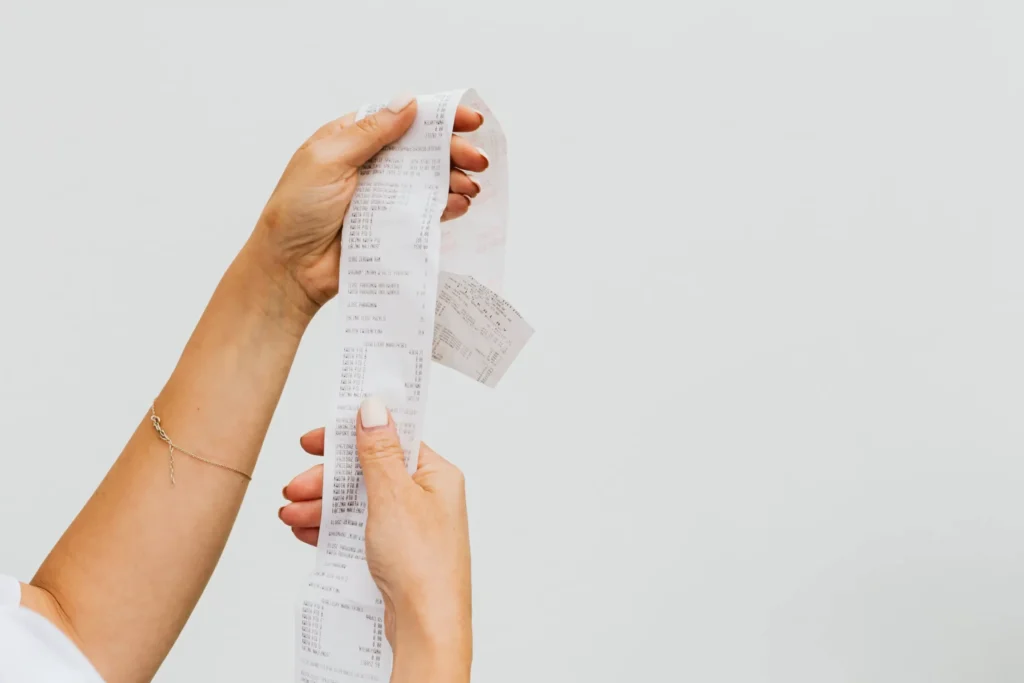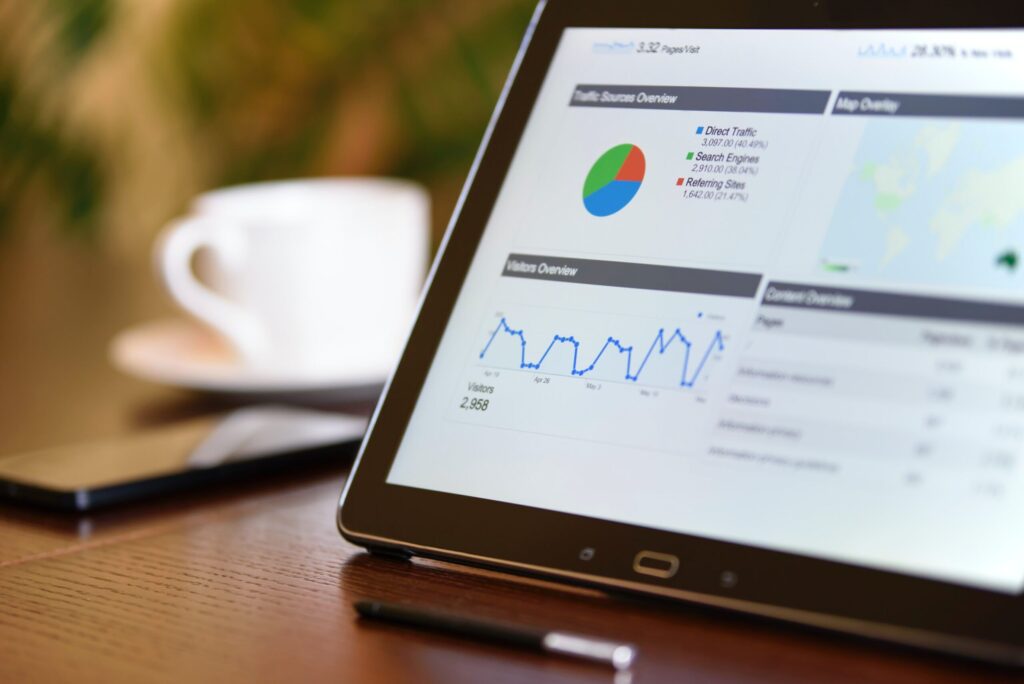Credit cards are a convenient way to manage purchases and expenses, but it’s essential to understand how credit card payments work to avoid falling into debt traps. One key aspect of credit card payments is the minimum payment, which is the smallest amount you need to pay each month to keep your account in good standing. Yet if you only make the minimum payments on your credit cards, you could soon find yourself accumulating debt which can quickly become unmanageable. It can prolong the amount of time you’re in debt, and can even affect your credit score. In this article, we explore how credit card minimum payments work, why they matter, and how to manage them effectively.
What is a credit card minimum payment?
A credit card minimum payment is the minimum amount you must pay towards your credit card balance each month to avoid penalties, fees, and negative impacts on your credit score. This amount is typically a small percentage of your total balance, including any interest and fees that have accrued during the billing cycle. You’re typically obliged to make this minimum payment each month, and so if you don’t, you’ll find yourself facing a late fee in most scenarios. This, in turn, could even encourage your credit card issuer to increase your interest rate if you don’t make your minimum payments, also known as a penalty APR.
How is the minimum payment calculated?
Credit card companies use different methods to calculate the minimum payment, but it generally includes the following components:
- A fixed amount – this could be a small fee of around $10 or a percentage of your balance, whichever is greater.
- A percentage of your balance: typically, this ranges from 1% – 3% of your total outstanding balance.
- Interest charges: any interest accrued during the billing cycle.
- Fees: any additional fees, such as late fees or annual fees.
- Past due amounts: if you have missed previous payments, the past due amount may be included.
If, for instance, your outstanding balance is $1,000 and your credit card issuer requires a minimum payment of 2% of your balance, your minimum payment would be $20. However, if you have accumulated interest and fees, these will be added to the minimum percentage, increasing your payment. You can understand how your credit card minimum payments are calculated in your cardholder agreement when you login to your account or take out the credit card in the first place.
Why do minimum payments matter?
It’s important that minimum payments are made for the following reasons:
- To avoid late fees: making at least the minimum payment by the due date helps you to avoid late fees and additional charges.
- To maintain your credit score: regularly making the minimum payment ensures that your account remains in good standing, which positively affects your credit score.
- To prevent account default: failing to make the minimum payment can result in your account being marked as delinquent, leading to a higher interest rate, penalties, and potentially the account being sent to collections.
What happens if you only make credit card minimum payments?
While making the minimum payment keeps your account in good standing, it can also have several drawbacks:
- A longer repayment period: paying only the minimum extends the time it takes to pay off your balance, potentially taking years to clear even a modest debt.
- Higher interest costs: because most of your payment goes towards interest rather than the principal balance, you end up paying much more in interest over time, making it a much more expensive loan.
- Increased debt load: if you continue to use your credit card while making only minimum payments, your debt can quickly grow, leading to a cycle of increasing balances and interest charges.
If, for example, you owe $5,000 on a credit card with a 20% interest rate and your minimum payment is 3% of your overall balance, here’s how two different payment schedules could look:
| Minimum payment only | |
| Total interest paid | $5,991 |
| Total paid | $10,991 |
| Total time to pay off balance | 20 years, 11 months |
| $50 more than the minimum payment each month | |
| Total interest paid | $2,304 |
| Total paid | $7,304 |
| Total time to pay off balance | 5 years, 3 months |
| $200 fixed payment each month | |
| Total interest paid | $1,522 |
| Total paid | $6,522 |
| Total time to pay off balance | 2 years, 9 months |
Ultimately, paying more than your credit card’s minimum balance means that you’ll have to pay less interest, and you’ll pay off your credit card at a much quicker rate.
Why you should make more than your minimum payments
It’s not always possible to make more than your minimum payment, which is fine provided it doesn’t become a permanent habit. Paying more than the minimum can have the following effects:
- Pay off debt quicker – significantly reduce the amount of time it will take to repay your credit card debt in full. In the example above, paying just $50 a month more can reduce the amount of time taken to repay the debt by 15 years.
- Reduce the amount of interest you pay – paying even $50 a month more can significantly reduce the amount of interest you accrue on your debt.
- Save your credit score – when your credit card balance grows, so too does your credit utilization rate. Poor credit scores can affect your ability to qualify for affordable loans and favourable credit card terms, and can even hinder your ability to secure a job or a rental apartment.
How to pay down your credit card faster
If you’re keen to pay off your credit card, we recommend the following tips:
- Pay more than the minimum: whenever possible, pay more than the minimum amount due. This reduces your principal balance faster, saving you money on interest in the long run.
- Automate your payments: set up automatic payments to ensure you never miss a due date. Consider automating an amount higher than the minimum payment to steadily reduce your debt.
- Create a budget: a well-planned budget helps you allocate funds towards your credit card payments, ensuring you can pay down your balance more quickly.
- Prioritize high-interest debt: focus on paying off credit cards with the highest interest rates first to minimize interest charges.
- Use balance transfer offers wisely: if you have a high-interest balance, consider transferring it to a card with a lower interest rate. Be mindful of any balance transfer fees and the duration of the promotional period.
Credit card minimum payments: FAQs
Here are some of the most commonly asked questions we receive about credit card minimum payments:
What is the minimum payment on a credit card in Canada?
In Canada, the minimum payment on a credit card is typically calculated as a percentage of your outstanding balance, often ranging from 1% to 3%, plus any interest charges and fees that have accrued during the billing cycle. Additionally, if you have missed any previous payments, those past due amounts may also be included in your minimum payment. This minimum payment ensures that your account remains in good standing and helps you avoid late fees and penalties, but paying only the minimum can extend the time it takes to pay off your debt and increase the total amount of interest paid over time.
What is the minimum payment on a $5000 credit card?
The minimum payment on a $5000 credit card balance in Canada typically includes a percentage of the outstanding balance, usually around 1% to 3%, plus any interest charges and fees accrued during the billing cycle. For instance, if the minimum payment is 2% of the balance, it would be $100. Additionally, any past due amounts would be added to this payment. While making the minimum payment keeps your account in good standing and avoids late fees, it primarily covers interest and fees, making it challenging to reduce the principal balance significantly.
What is the minimum payment on a $3,000 credit card?
The minimum payment on a $3,000 credit card balance in Canada usually involves a small percentage of the total amount, typically ranging from 1% to 3%, in addition to any interest charges and fees accumulated during the billing cycle. For instance, if the minimum payment rate is set at 2%, you would owe $60. Past due amounts may also be included in this payment. While making the minimum payment ensures that your account remains in good standing and avoids late fees, it primarily covers interest and fees, making it challenging to significantly reduce the principal balance.
Does minimum payment affect credit score Canada?
Yes, making the minimum payment on your credit card in Canada can affect your credit score. While consistently making at least the minimum payment ensures that your account remains in good standing and prevents late fees, it doesn’t help reduce your debt significantly. Regularly making only the minimum payment may signal to lenders that you’re struggling to manage your debt, potentially impacting your credit utilization ratio and overall creditworthiness. Over time, high credit utilization and prolonged debt can negatively affect your credit score.
While making the minimum payment helps you avoid penalties and fees, it’s important to strive to pay more whenever possible to reduce your overall debt and save on interest. By implementing good payment habits and smart financial strategies, you can take control of your credit card debt and work towards financial freedom. For personalized advice and assistance, book a free consultation with one of our experienced Licensed Insolvency Trustees at Spergel, the ‘get rid of debt’ people – we’re here to help you navigate your financial journey.



















